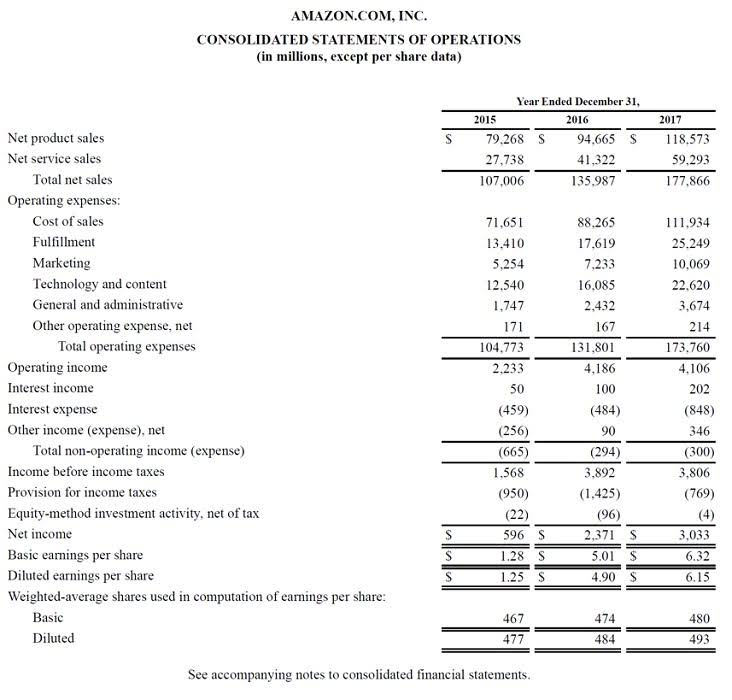
There will come a point when you need to call in professionals for legal accounting, so don’t be afraid to delegate when you need help. This is because a professional legal bookkeeper and accountant can help you manage your firm’s revenue and ensure your firm’s financial transactions are handled ethically and accurately. While it’s essential to understand the fundamentals of accounting for law firms, you still aren’t an accountant or bookkeeper. Hiring professionals is common for law firms, and it’s an easy route to peace of mind. Trust accounting is the practice of keeping client funds given in trust (including unearned fees paid as a retainer, settlement funds, court fees, or advanced costs) in a separate account from law normal balance firm operating funds.
Xero: For easier online accounting

Controllers often oversee the bookkeeper’s work, reconcile the accounts, and make more significant ledger adjustments. When clients are slow to pay or don‘t pay their bills, you may find yourself unable to pay your staff or cover other overhead expenses. At least once a month, review your receivables and follow up on outstanding client invoices to keep your cash flow strong. Learn how to build, read, and use financial statements for your business so you can make more informed decisions.

Law Firm Bookkeeping and Accounting Terms
- If you’re a CPA or tax professional, learn more about how you can empower your clients to bring complete bookkeeping for tax filing with Bench.
- When it comes to accounting for law firms, there’s no one “right” method (though you may be required to take on the accrual method).
- Effective accounting for law firms is critical to your firm’s success.
- The most common mistakes are putting funds in the wrong account, accidentally or intentionally withdrawing funds, fail to report monthly, and so on.
- This results in wasted time, mismatched records, billing complications, and even compliance violations.
Clear criteria for determining completion percentages, such as milestones like completing due diligence or signing contracts, are crucial for accurate revenue recognition. Managing client retainers requires maintaining detailed records of all transactions, including deposits, withdrawals, and interest earned. Firms must adhere to Generally Accepted Accounting Principles (GAAP) or International Financial Reporting Standards (IFRS) to ensure transparency and accuracy. Regular reconciliation of trust accounts is essential to verify that balances match records, as discrepancies can trigger audits or regulatory scrutiny. Law Firm deployed a comprehensive legal bookkeeping software solution tailored to their specific requirements. The software provided real-time time tracking, customizable billing structures, and automated invoicing capabilities.

Legal Accounting 101: What You Need to Know About the Business of Law
- Seeking relief from administrative burdens without compromising financial management, they explored outsourcing options for legal bookkeeping.
- Using LawPay as your legal payment processor makes it easy to securely offer multiple payment options while maintaining trust account compliance.
- However, if a firm fails to separate revenue that covers incurred costs from actual revenue, their records will be off.
- Perform regular reconciliations to verify that trust account balances match client ledger balances.
- It lists the firm’s assets, liabilities, and equity, offering insights into its financial stability and health.
For example, accidentally depositing trust funds into your operations account is a major violation. To help with ongoing financial management, learn more law firm accounting services about LawPay’s Legal Spend Management Solution. Our tool provides a comprehensive view and real-time insights into your law firm’s finances.
- A double entry system, therefore, has two equal and corresponding sides—or debits and credits—and creates a balance sheet consisting of assets, liabilities, and equity.
- This knowledge helps track spending and make smarter choices with money.
- To do this, you’ll first compare the bank statement with the trust account ledger to ensure all entries match.
- Although you now understand the common mistakes in accounting for law firms, you’re still an accountant or bookkeeper.

At The Legal Accountant, we go beyond just bookkeeping for Certified Bookkeeper law firms. We provide additional reporting and analysis so that you understand your numbers and how they impact your firm and your goals! We’re here to help you go beyond compliance and start achieving your financial goals, whatever they may be.
- Some software platforms allow you to use accrual-based books for monthly management of the firm while also creating cash-basis statements for preparing tax returns.
- Plus, we provide RPC-compliant trust accounting to protect your license to practice law.
- It may also be helpful to read law firm accounting software reviews to get an idea of the user experience of other firms who have tried the potential software before you.
- Interest on Lawyer Trust Accounts, also known as IOLTA accounts, are bank accounts used to hold client retainers, settlement funds, and other money that belongs to clients.
- Their understanding of complex legal frameworks complements the analytical and financial focus of traditional accounting roles, thus enhancing the firm’s ability to serve global businesses.
Still, law firms don’t seem to re-evaluate their legal accounting applications as frequently as they do other practice management tools. It’s important to distinguish between bookkeeping and the role of a Certified Public Accountant (CPA). While both are essential to a law firm’s financial health, they serve different functions. A CPA typically handles more complex financial tasks such as tax planning, financial auditing, and high-level financial analysis.
